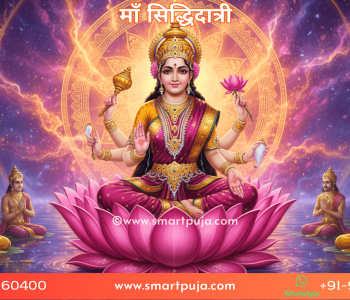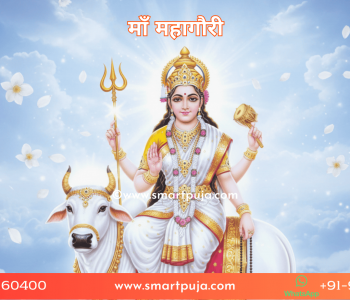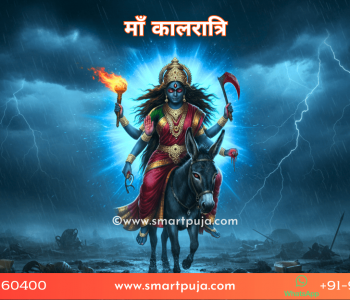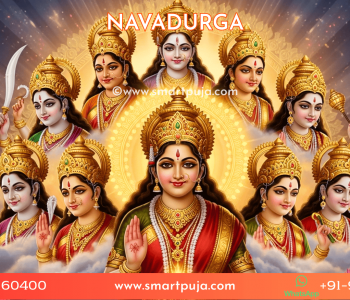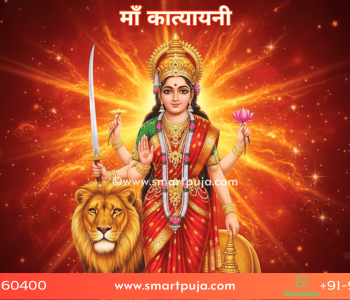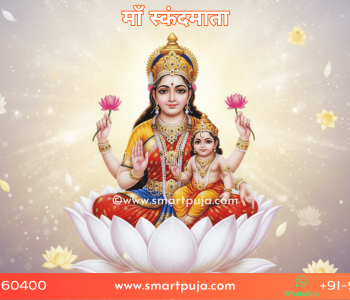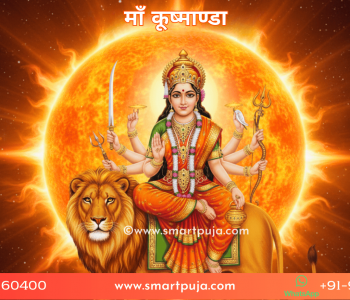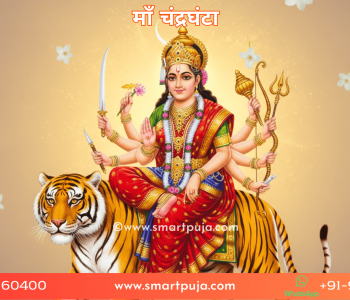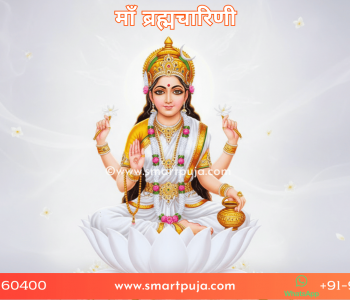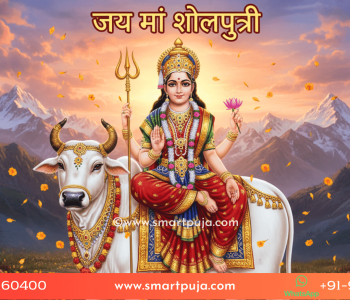Jyeshtha Purnima 2026 – Date, Significance, Rituals & Spiritual…

Jyeshtha Purnima 2026: Date, Satyanarayan Puja & Vat Savitri Vrat
Jyeshtha Purnima is a spiritually significant day in the Hindu calendar, marking the full moon of the Jyeshtha month. It is a day dedicated to purification, charity, and devotion. Married women observe the auspicious Vat Savitri Vrat on this day for the longevity of their husbands, while many families perform the Satyanarayan Puja to invite prosperity.
For 2026, Jyeshtha Purnima falls on Monday, June 29, 2026.
🌕 Book Jyeshtha Purnima Puja
Ensure blessings for your family. Book a Vedic Pandit for Satyanarayan Puja or Vat Savitri Vrat at your home.
📞 Call to Book: 080-61160400
📅 Jyeshtha Purnima 2026 Date & Muhurat
| Event | Date & Time (IST) |
|---|---|
| Jyeshtha Purnima Date | June 29, 2026 (Monday) |
| Purnima Tithi Begins | 03:06 AM on June 29, 2026 |
| Purnima Tithi Ends | 05:26 AM on June 30, 2026 |
| Best Time for Puja | Morning (Before 10 AM) or Evening (Pradosh Kaal) |
*Note: Timings are based on New Delhi IST. Consult our astrologers for your city-specific muhurat.
Significance: Why is Jyeshtha Purnima Important?
1. Vat Savitri Vrat (Purnimanta)
In many regions (like Maharashtra and South India), married women observe the Vat Savitri Vrat on Jyeshtha Purnima. They tie a ceremonial thread around a Banyan (Vat) tree, praying for the long life of their husbands, just as Savitri saved Satyavan.
2. Jyeshthabhishek (Snan Yatra)
This day is also celebrated as the “Snan Yatra” of Lord Jagannath in Puri. The deities are bathed with 108 pots of herbal water, marking the beginning of the preparation for the Rath Yatra.
3. Seasonal Significance
Jyeshtha is often the hottest month. Therefore, acts of charity involving water (Jal Daan), umbrellas, and fans are considered highly meritorious to relieve others from the heat.
Rituals: How to Observe at Home?
1. Holy Bath (Ganga Snan)
If you cannot visit the Ganges, mix a few drops of Gangajal in your bath water at home. Chant “Om Namo Narayana” while bathing to purify your soul.
2. Satyanarayan Puja
Reciting the Satyanarayan Katha on Purnima evening is the most powerful remedy for household peace. Offer “Sheera” (Semolina Halwa) as Prasad.
3. Vat Savitri Puja (For Women)
Women should dress in bridal finery, visit a Banyan tree, offer water, kumkum, and fruits, and circumambulate the tree 108 or 7 times while chanting prayers for their husband.
🕉️ Mantras for Jyeshtha Purnima
Vishnu Mantra:
“Om Namo Bhagavate Vasudevaya”Savitri Mantra:
“Om Hrim Savitri Devyai Namaha”Moon Mantra (For Mental Peace):
“Om Som Somaya Namah”
Book a Pandit for Puja
Don’t let the lack of knowledge hinder your devotion. SmartPuja connects you with experienced Pandits for:
- ✅ Satyanarayan Puja: Complete Vedic ritual with Katha.
- ✅ Vat Savitri Puja: Guidance on rituals for married women.
- ✅ Rudrabhishek: For health and longevity.
Frequently Asked Questions (FAQs)
Jyeshtha Purnima falls on Monday, June 29, 2026. The Purnima Tithi is valid from 03:06 AM to 05:26 AM on the next day.
It varies by region. In North India (Purnimanta calendar), it is observed on Jyeshtha Amavasya. In Maharashtra, Gujarat, and South India (Amanta calendar), it is observed on Jyeshtha Purnima (June 29, 2026).
Donating water pots (kalash), hand fans, umbrellas, and seasonal fruits (like mangoes) to Brahmins or the needy is considered highly auspicious during Jyeshtha.
